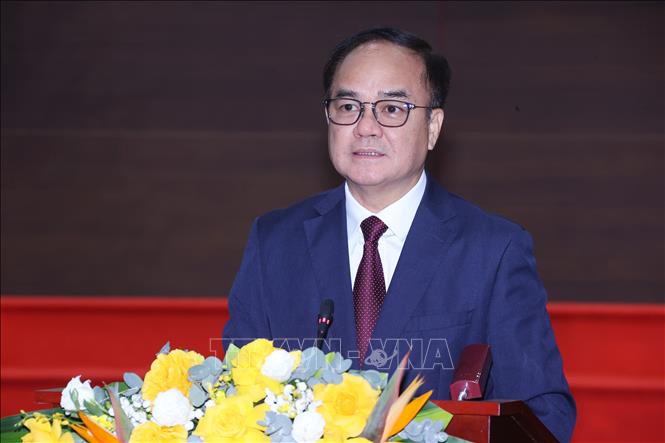
Immediately after the conference, Deputy Minister Vu Chien Thang gave an interview to a reporter from Vietnam News Agency about the difficulties, causes, as well as key solutions to effectively exploit and promote Vietnamese labor resources abroad in the new period.
There are still gaps and shortcomings.
Through the dialogue conference with enterprises, what outstanding difficulties and obstacles did the Deputy Minister see in the process of enterprises sending Vietnamese workers to work abroad under contracts? How do you evaluate the spirit, attitude and recommendations of enterprises at the conference?
Through today's dialogue with more than 100 businesses operating in the field of sending Vietnamese workers to work abroad, we acknowledge the straightforward, open-minded, responsible and dedicated working spirit of the business community. The opinions and recommendations of businesses clearly demonstrate the desire to accompany state management agencies in perfecting institutions, improving processes, and removing difficulties so that the activities of sending workers to work abroad become more and more complete and effective, contributing to enhancing the reputation and position of Vietnamese workers in the international market.
From the opinions at the Conference, it can be seen that some groups of difficulties and outstanding problems are as follows:
Firstly, the institutions and administrative procedures are cumbersome, with many intermediary and overlapping levels, creating many mechanisms and licenses that make it difficult for businesses to apply for licenses even though they have proven their capacity and recruitment sources. For example, some regulations in reviewing contract registration applications, licensing conditions and document requirements are still rigid, not completely consistent with international practices, not really consistent with the innovative spirit of the Party and Government in supporting businesses to reduce administrative procedures for development, making it difficult for businesses to be flexible in negotiating contracts with foreign partners...
Second, about the market. The geopolitical situation and economic fluctuations in some receiving countries, especially in East Asia and the Middle East, have affected the progress of signing and implementing contracts. Some traditional markets such as Japan, Korea, Taiwan (China) still have the situation of workers abandoning their contracts and residing illegally, while new markets in Europe and the Middle East, although having potential, have high requirements on skills, foreign languages and technical standards, making it difficult for businesses to expand quickly.
Third, on the quality of labor resources. Foreign language ability, professional skills and discipline of a part of the labor force do not meet the requirements of the high-standard market. Labor recruitment and training in some localities is still scattered, influenced by individuals and non-functional intermediary organizations, increasing costs and affecting business reputation.
I appreciate the proactive, constructive and responsible spirit of businesses at this Conference. The recommendations raised are all based on practicality, focusing on core issues such as simplifying procedures, expanding markets, improving the quality of human resources and strengthening the protection of workers' rights. These are also the contents that the Ministry of Home Affairs directed the Department of Overseas Labor Management to focus on reviewing to amend and perfect Decree 112/2021/ND-CP and guiding Circulars to create a favorable, transparent and healthy competitive environment for businesses, while ensuring the legitimate rights of Vietnamese workers when working abroad.
Today's conference demonstrates the spirit of companionship between management agencies and enterprises, together creating a sustainable development environment. Policies must come from practice. Business development is an effective measure of policy. The Ministry of Home Affairs will continue to maintain a dialogue mechanism, listen to and synthesize all opinions, to promptly advise the Government to remove obstacles, promote the field of sending Vietnamese workers to work abroad to develop sustainably and effectively.
According to the Deputy Minister, are those difficulties due to people or institutions and policies? Are there loopholes leading to negativity in state management and public service provision?
The difficulties and obstacles of enterprises come from both institutional and policy causes and human causes, in which institutional factors are the foundation, while human factors determine the effectiveness of implementation.
Regarding institutions, as I have mentioned, some current regulations still lack flexibility and are not really consistent with the spirit of administrative reform, reducing procedures, and supporting businesses according to the direction of the Party and the Government. Some processes and procedures are still complicated, causing time extension and increasing compliance costs for businesses.
Regarding implementation, we must frankly admit that there are still loopholes and shortcomings in some aspects of state management and public service provision, creating conditions for negative phenomena and harassment, causing difficulties for businesses. A number of officials and civil servants have not really promoted the spirit of service, still show fear of responsibility, and even take advantage of their positions for personal gain, reducing trust and causing difficulties for businesses and workers.
The Ministry of Home Affairs requires the establishment of a sufficiently tight system so that no one dares to violate, has no conditions to violate, and does not want to violate, resolutely and thoroughly eliminates loopholes that can easily lead to negativity in state management and public service provision. At the same time, it requires tightening discipline and administrative discipline, strengthening inspection and examination work, strictly handling violations; continuing to improve the system, making processes transparent, shifting from "management" to "service", from "pre-inspection" to "post-inspection", in order to create a healthy, favorable, and fair competitive environment for businesses and ensuring the legitimate rights of Vietnamese workers abroad.
Unlocking resources, strengthening confidence
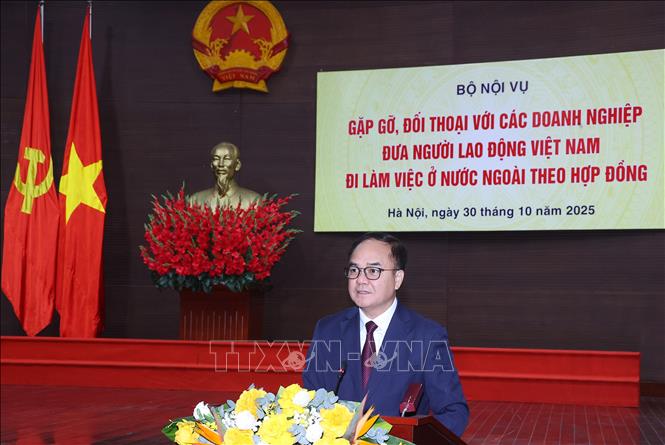
He once emphasized that sending Vietnamese workers to work abroad is one of the important pillars of the economy, and at the same time a special foreign relations channel - human resources diplomacy. What solutions does the Ministry of Home Affairs have to remove bottlenecks and tap this resource in the coming time?
I believe that sending Vietnamese workers to work abroad is not only an important pillar of the economy but also a special foreign affairs channel - human resources diplomacy, contributing to strengthening friendly relations, people-to-people exchanges and promoting the image of Vietnamese people internationally. This is also one of the effective forms of "people's diplomacy", supplementing State diplomacy and economic diplomacy, building national position through the prestige of Vietnamese workers abroad. In the coming time, the Ministry of Home Affairs determines to re-open resources, strengthen trust and improve the effectiveness of state management in this field.
The Standing Committee of the Party Committee of the Ministry has issued Resolution No. 37 with 6 groups of issues to resolve this field. Today's conference is one of the contents that the Standing Committee of the Party Committee of the Ministry requires to be implemented for businesses. Along with that, the Ministry of Home Affairs deploys many solutions.
First of all, the Ministry will focus on reviewing and perfecting the institutions, ensuring that regulations on licensing, training, selection, contract signing, etc. are transparent, consistent and suitable to reality. We have proposed amending the Law on Vietnamese Workers Working Abroad under Contract, and at the same time advised the Government to develop a National Strategy on Sending Workers Abroad to create a mechanism and a unified platform to publicize and make these issues transparent.
Along with that, it is necessary to promote administrative procedure reform, increase the application of information technology, digital transformation in management and operation activities and provide online public services, strongly shift from "pre-inspection" to "post-inspection", from "management" to "service", creating conditions for businesses to operate in accordance with the law, more conveniently and effectively, and minimize the contact of businesses with officials performing tasks at the Ministry and Department.
The second issue we prioritize is propaganda work, especially propaganda about international agreements, procedures, mechanisms, and funding, so that people can identify the type of labor and participate.
Third, we strengthen education and training, improve the quality of the labor force sent abroad, from professional skills, behavioral skills, foreign languages, so that workers abroad can both develop their skills and become ambassadors of Vietnamese culture. We do not allow Vietnamese workers abroad to violate the law, or become a burden to the host country, affecting not only the income of workers but also the national reputation.
Next, we will synchronously deploy solutions to stabilize and maintain traditional labor markets such as Taiwan (China), Japan, and South Korea; at the same time, we will step up the search for new labor markets, strengthen negotiations and sign international agreements on labor cooperation with developed countries with modern industries to create the premise and legal basis for sending highly skilled and technical workers (such as green transformation, digital transformation, semiconductor technology, etc.) to work, especially in Western and Northern European countries. Support businesses to promote cooperation and exploit potential overseas labor markets with high incomes and good working conditions.
In addition, it is necessary to strengthen inspection and examination of public services, strictly handle violations, tighten discipline and administrative order in the system; at the same time, improve the capacity, public ethics and responsibility of serving the people of the team of cadres and civil servants.
In the long term, I think it is necessary to develop performance evaluation criteria so that enterprises can proactively report on self-inspection and periodic monitoring to state management agencies, serving the work of reviewing and correcting the activities of sending workers to work abroad of enterprises. At the same time, build an inter-sectoral coordination mechanism between ministries, branches, localities and Vietnamese representative agencies abroad to both expand the labor market and improve the quality of "human resources diplomacy", promote the resources of Vietnamese people abroad as a sustainable people's diplomacy channel, contributing to promoting socio-economic development and deep international integration of the country.
I believe that when the above solutions and recommendations of enterprises are implemented synchronously, the task of sending workers abroad will have significant changes, creating a new wind. We believe that the responsibility of enterprises sending workers abroad is not just the procedure of sending them abroad, but must be a cycle from the signing of international agreements to the selection, training, fostering of workers, departure, and the process of protecting workers abroad. Especially when workers complete their overseas assignments and return home. The process abroad is the process of them practicing their skills and we continue to use the high skills that have been trained and trained abroad to contribute to the domestic labor market, their skills are used for domestic enterprises.
Thank you very much, Deputy Minister!
Source: https://baotintuc.vn/thoi-su/kien-quyet-xoa-bo-ke-ho-trong-quan-ly-cung-ung-dich-vu-dua-lao-dong-di-lam-viec-o-nuoc-ngoai-20251030181255153.htm


![[Photo] The Third Patriotic Emulation Congress of the Central Internal Affairs Commission](https://vphoto.vietnam.vn/thumb/1200x675/vietnam/resource/IMAGE/2025/10/30/1761831176178_dh-thi-dua-yeu-nuoc-5076-2710-jpg.webp)
![[Photo] General Secretary To Lam meets former British Prime Minister Tony Blair](https://vphoto.vietnam.vn/thumb/1200x675/vietnam/resource/IMAGE/2025/10/30/1761821573624_tbt-tl1-jpg.webp)
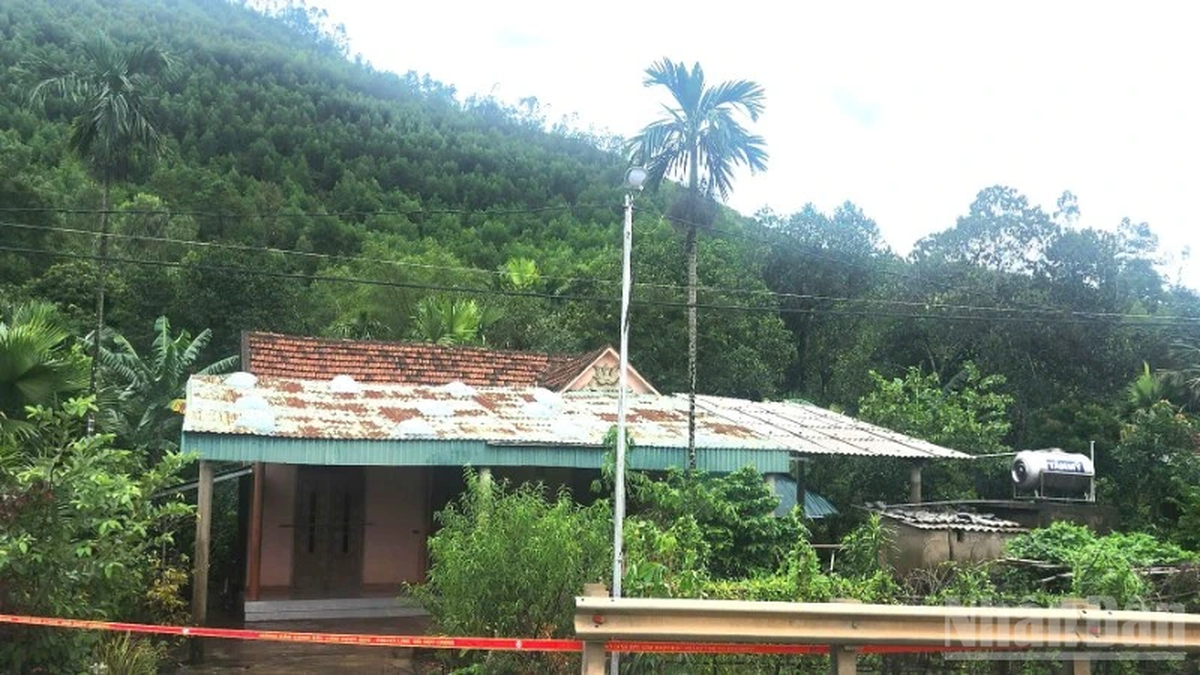
![[Photo] National Assembly Chairman Tran Thanh Man receives foreign ambassadors who came to say goodbye](https://vphoto.vietnam.vn/thumb/1200x675/vietnam/resource/IMAGE/2025/10/30/1761820977744_ndo_br_1-jpg.webp)
![[Photo] Touching scene of thousands of people saving the embankment from the raging water](https://vphoto.vietnam.vn/thumb/1200x675/vietnam/resource/IMAGE/2025/10/30/1761825173837_ndo_br_ho-de-3-jpg.webp)
![[Photo] General Secretary To Lam attends the Vietnam-UK High-Level Economic Conference](https://vphoto.vietnam.vn/thumb/1200x675/vietnam/resource/IMAGE/2025/10/30/1761825773922_anh-1-3371-jpg.webp)
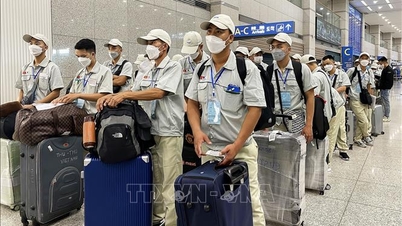
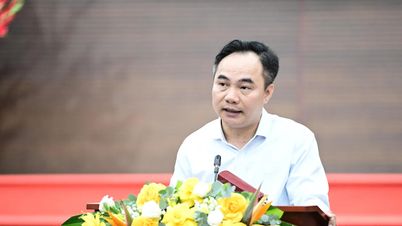

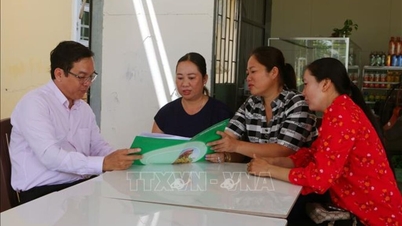
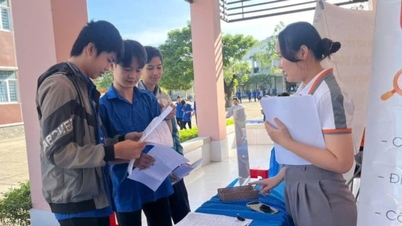

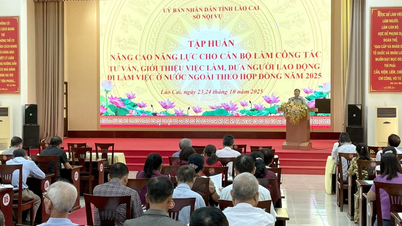


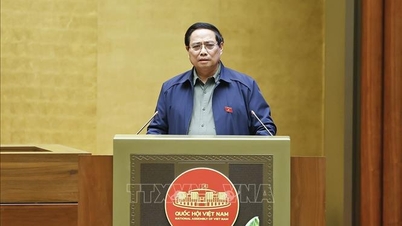
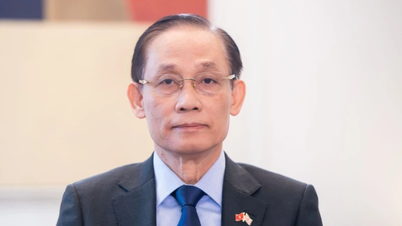

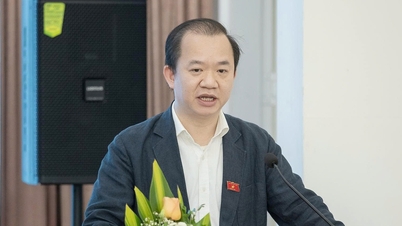

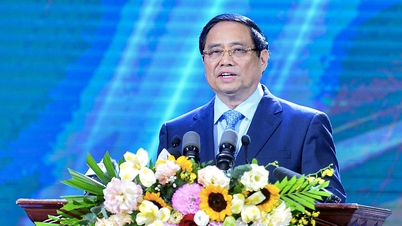


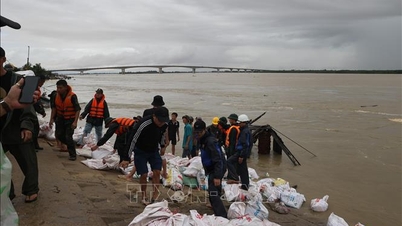




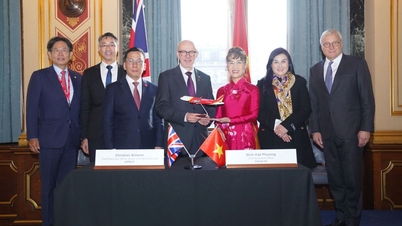
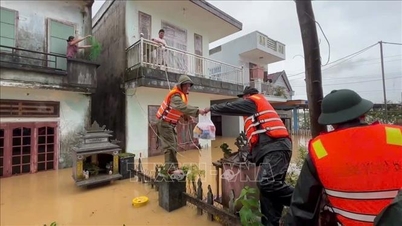
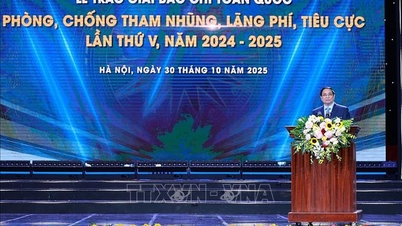

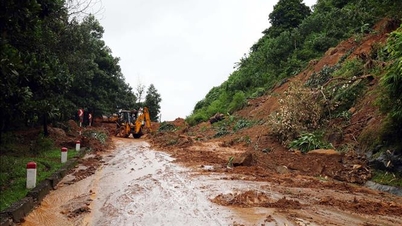
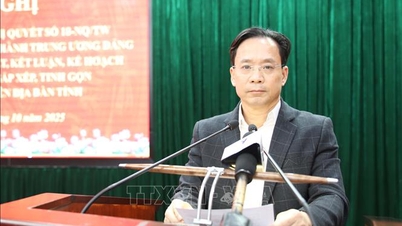






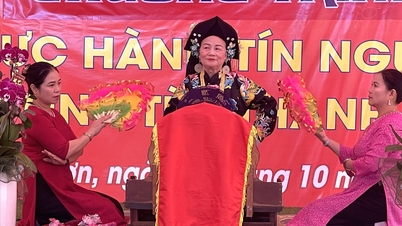
















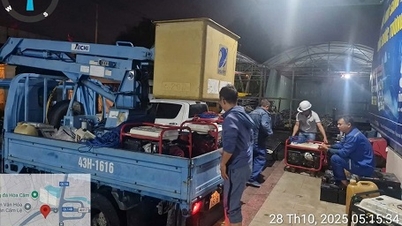



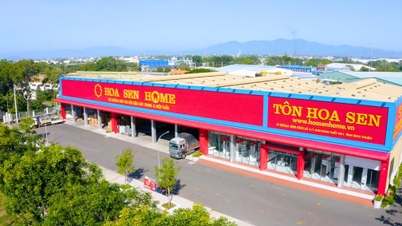










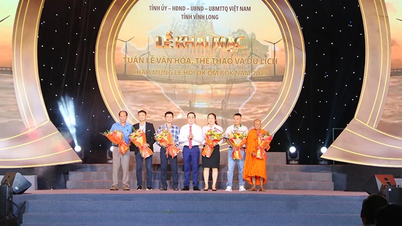



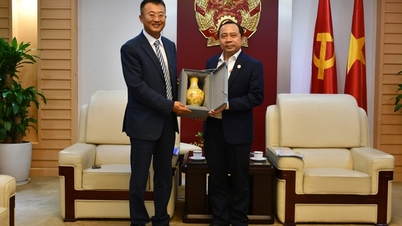

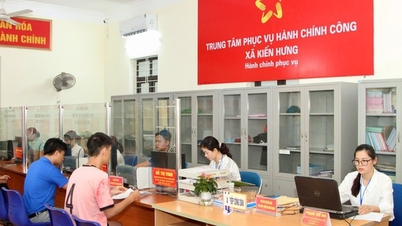
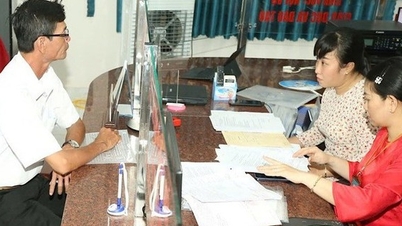
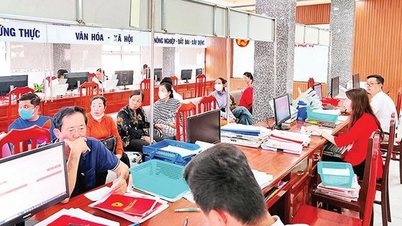
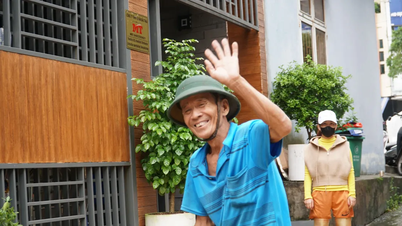
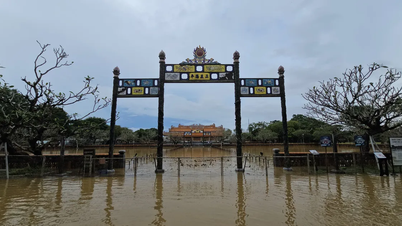
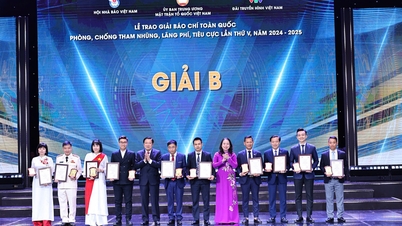

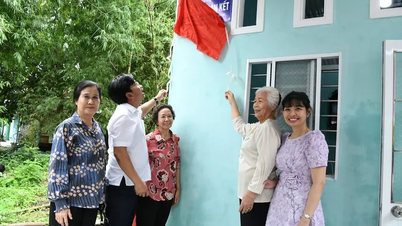

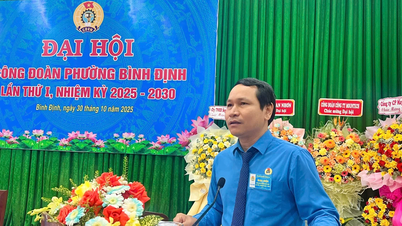















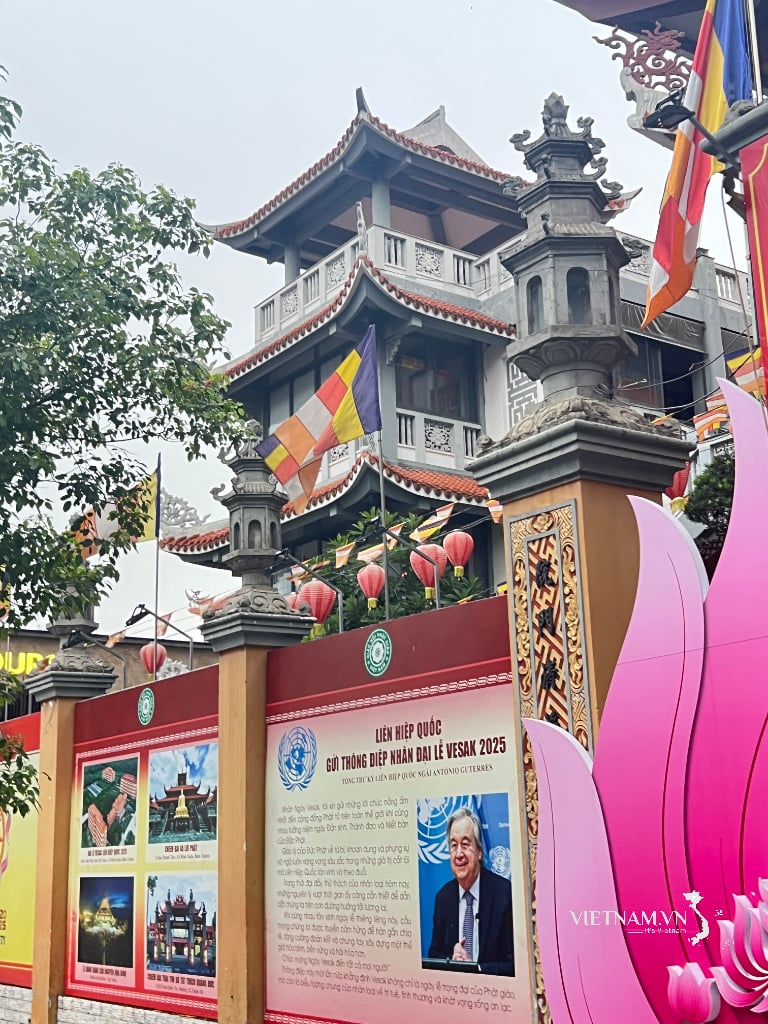
Comment (0)